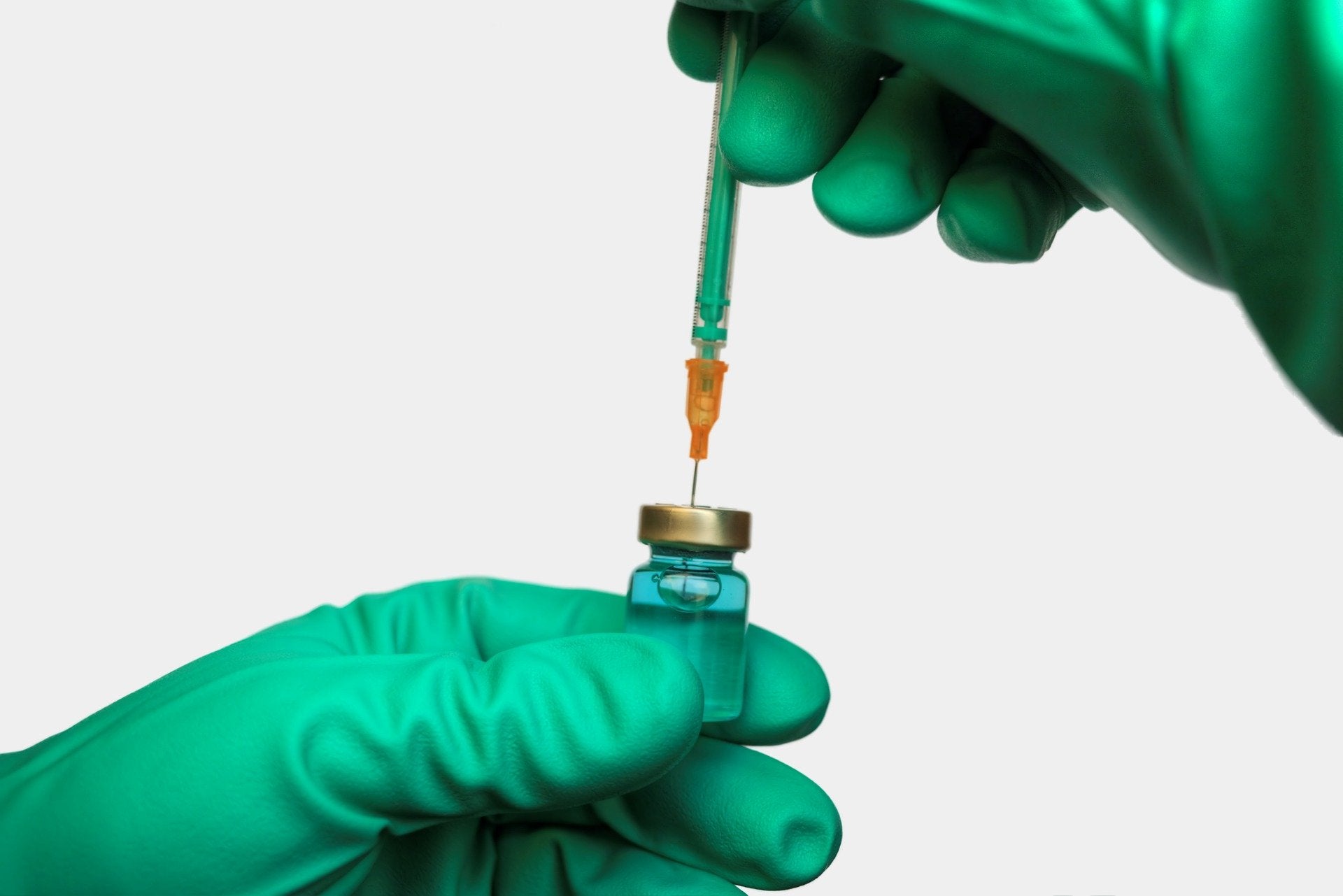
Cyclo Therapeutics has initiated subject enrolment in the Phase III TransportNPC study of Trappsol Cyclo to treat Niemann-Pick Disease Type C1 (NPC1), a rare genetic disorder.
A formulation of hydroxypropyl beta-cyclodextrin, Trappsol Cyclo is intended for intravenous administration.

Discover B2B Marketing That Performs
Combine business intelligence and editorial excellence to reach engaged professionals across 36 leading media platforms.
The enrolment initiation comes after Cyclo Therapeutics obtained regulatory and institutional review board (IRB) approval for the TransportNPC study.
Trial site activation is progressing, the company noted.
The randomised, double-blind, placebo-controlled, parallel-group, multi-centre Phase III TransportNPC study will analyse evaluate the safety, tolerability and efficacy of 2000mg/kg intravenous dose of Trappsol Cyclo plus standard of care (SOC).
This treatment combination will be compared to placebo plus SOC in NPC1 patients.

US Tariffs are shifting - will you react or anticipate?
Don’t let policy changes catch you off guard. Stay proactive with real-time data and expert analysis.
By GlobalDataThe trial intends to enrol a total of 93 paediatric patients aged between three and 18 years and adult participants at nearly 23 study centres in nine countries.
Based on regulatory needs, this trial will have two primary goals.
For the US and regions accepting the US Food and Drug Administration (FDA) guidance, the primary goal is the mean change from baseline to 48 weeks or 96 weeks.
A 4-Domain modified Niemann-Pick Disease Type C Severity Scale composite score (4D-NPC-SS) will be used to assess the improvement in Trappsol Cyclo and placebo arms.
For the EU and regions following European Medicines Agency (EMA) guidance, the trial’s primary goal is identical to that of the US, but improvement will be analysed by the 5D-NPC-SS composite score.
Cyclo Therapeutics acting chief medical officer Gerry Cox said: “Having met all of the primary endpoints of our Phase I and Phase I/II studies showing favourable safety and promising trends in efficacy with Trappsol Cyclo, we believe that Cyclo Therapeutics is well-positioned to address the systemic and neurologic manifestations of NPC, and ultimately, provide hope to people living with NPC and their families.”
The top-line interim analysis data from the trial is set to be reported in the first half of 2023.





